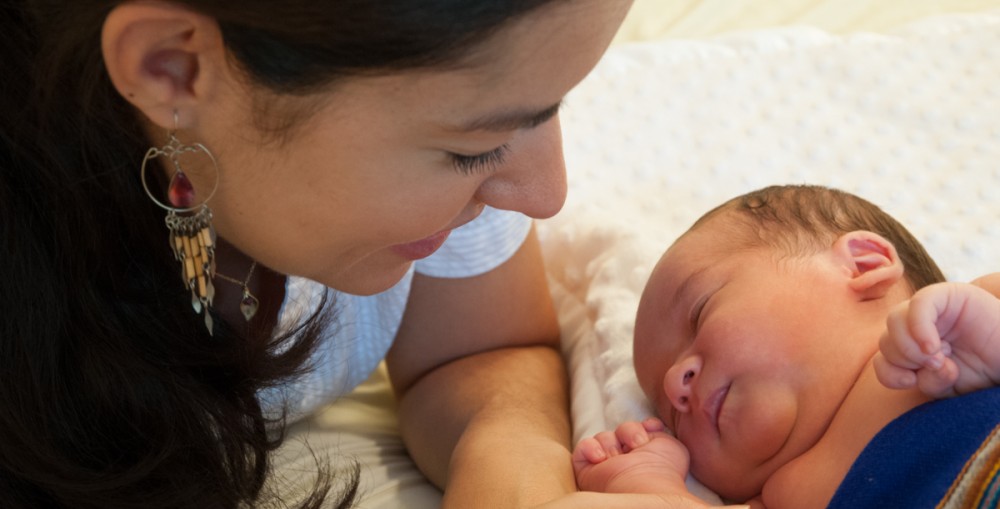In our last class we briefly discussed how giving birth is not celebrated, or recognized as a great feat like battling of cancer or surviving a disease. I thought about this some more over the course of the week and realized that we should be celebrating motherhood and one’s ability to deliver a baby safely. However, the difference between labor and diseases like cancer is that cancer is intended to kill you,childbirth on the otherhand is not.
I read a BBC article on how scientists are working towards understanding the reasons why some women have very easy births and some women have long hard labors that end in emergency delivery. The scientists are trying to figure out in detail, exactly how the womb works, so that they can learn more about prematurity, miscarriages, stillborns etcetera. According to the article, emergency caesarean births have risen by 50% in the last 30 years. At the centre for better births at the women’s hospital in Liverpool, a team of 20 scientists are looking at how the womb’s contractions are regulated and controlled. The article discussed determining having predictors for when a birth would be difficult (like the way they have biomarkers for diseases).
Going back to the class discussion on how and why certain people don’t die in childbirth, would expecting mothers in low income countries be a part of this research? Is this research going to encompass all people? are environmental and economic factors considered? ( availability of personnel and equipment/medicine, and like what happened with Monique?) How can these women be included? would this research only include women in middle/high income countries where maternal mortality is not as high?

Thank you for posting this article, Adaora, it was very cool. The quote “There are bio markers for some diseases, like breast cancer – we need to do the same thing for pregnancy.” really made me optimistic about the future of maternal health research. These scientists are taking it very seriously, and if they come out with any useful findings, I could see many others doing follow-up research. While many of us are against the medicalization of birth (myself included), it is a biological process, and if it is treated and talked about in scientific terms more frequently, maybe more people will start taking maternal health more seriously.
I also like how they are going to do research about twins/multiple births, and determine why these babies are born premature. I’m a twin, and my mother went into labor about a month early, and had to have an emergency c-section. She was heart broken because all she ever heard was how important natural birth was, and she was determined to have one herself. But pregnant with twins, she was a high-risk pregnancy from the start. Like this article says, it would have been good for her to hear doctors or other women telling her that a c-section was a realistic outcome for her and that she should not feel guilty about it.
To address the questions in the end – while the initial research may be conducted on women in England or other developed countries, if they find any helpful leads or come to any conclusions, hopefully this information will be spread around the world. Countries with the highest MMRs would clearly benefit most from this research. Maybe if there are any findings, a team of doctors, nurses, midwives, scientists, global health workers, etc could conduct this kind of research in areas that need it most? I’m beginning to ramble, but we can hope!